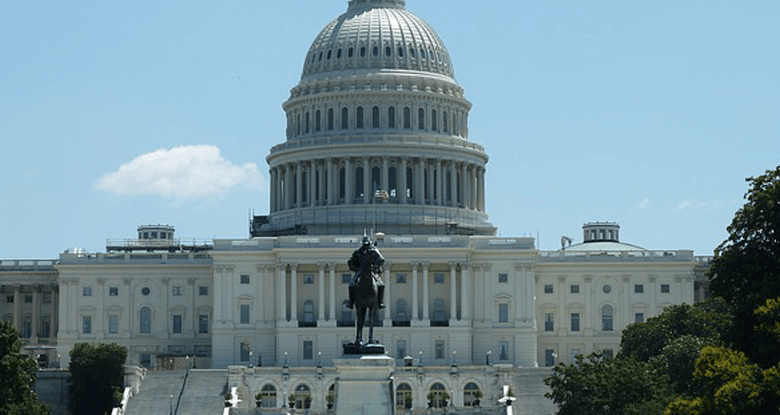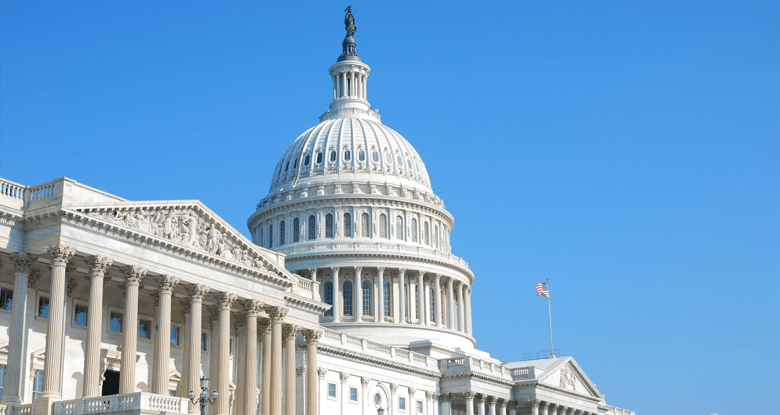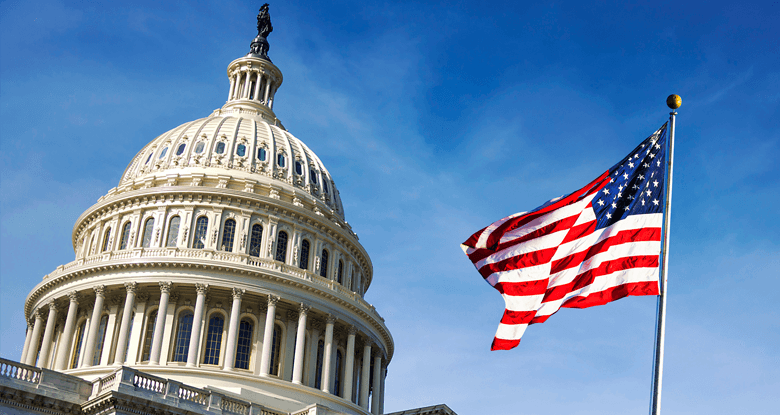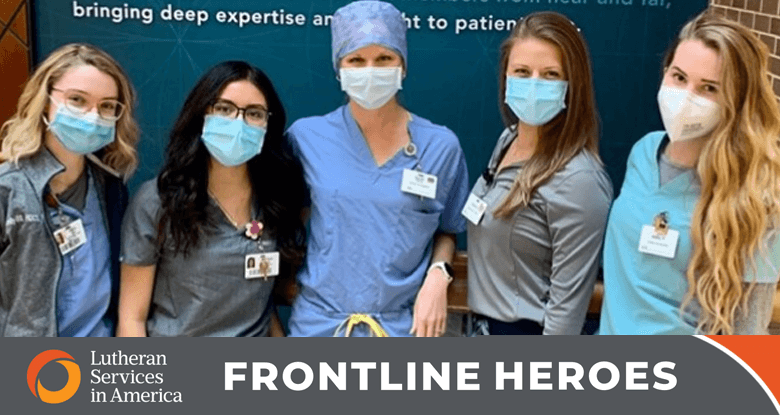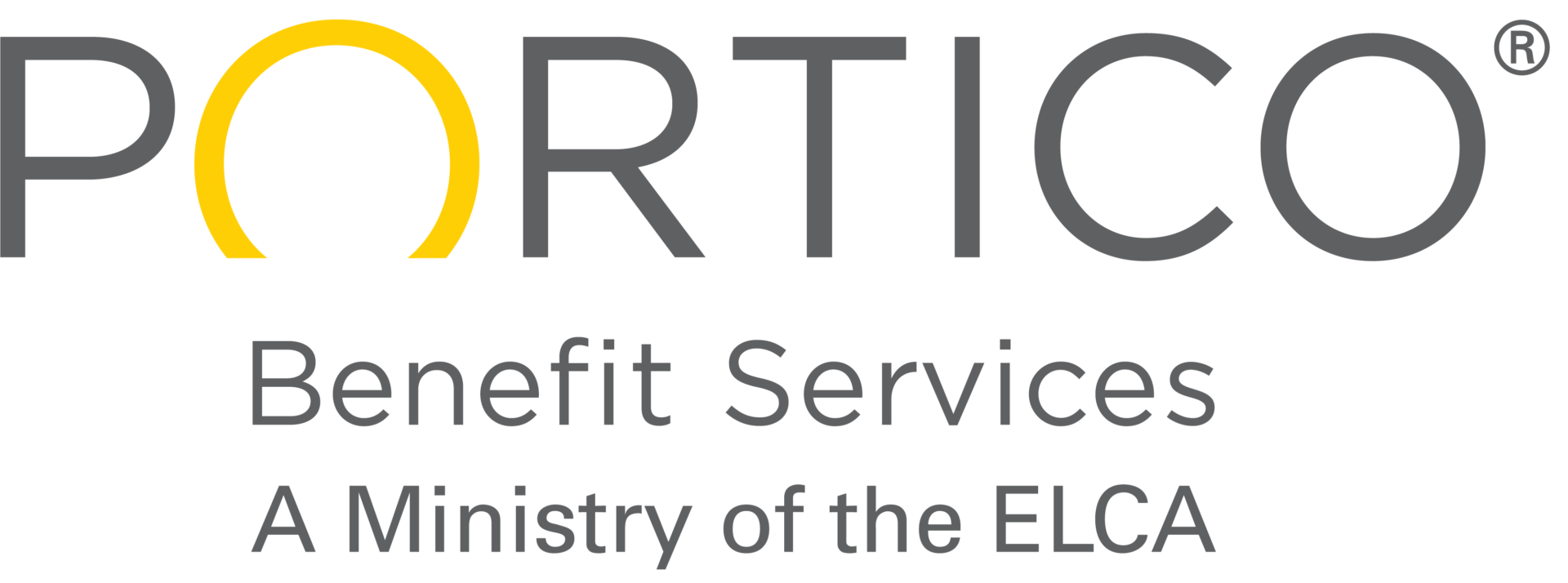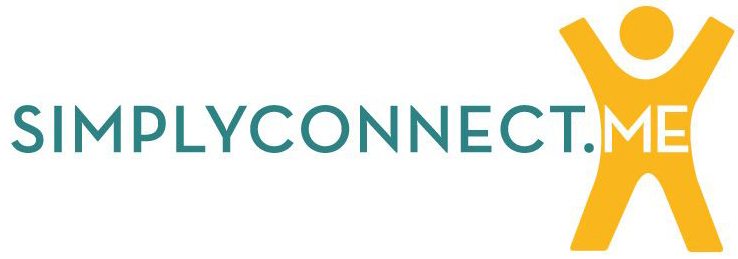Thirty-two years ago today, President George H. W. Bush signed the Americans with Disabilities Act into law. The passing of the ADA was a landmark event that prohibits discrimination against people with disabilities across the country.
The ADA’s passage was a momentous occasion that advanced the cause for equal opportunity for millions. Three decades later, we continue to take steps forward to ensure that people with disabilities have access to services and supports that are critical for maintaining a life of independence, dignity and respect.
For many people living with disabilities, funding and other support is incredibly helpful in preserving their quality of life. For Deb, assistance in making improvements to her house was vital. With the help of additional resources, Deb worked with her service provider Gretchen at our member Mosaic to make the necessary updates to her home to meet her needs. Deb’s story is one of inspiration and success. “I feel so independent,” she said.
All people deserve the opportunity to live abundantly and independently. Additional resources are required for accessible housing and long-term services and supports for those who need them. The path to improved services includes a broad approach to address the challenges facing the disability community. Strengthening the direct care workforce and expanding home- and community-based services are a must. But we must also take care to shore up the financial security and independence of those receiving care while expanding civil rights and protections.
In taking these approaches, our nation can make the investment needed to lift up the direct care workforce and provide equal opportunity to people with disabilities to realize their potential.
Learn more about our work to champion services for people with disabilities.

